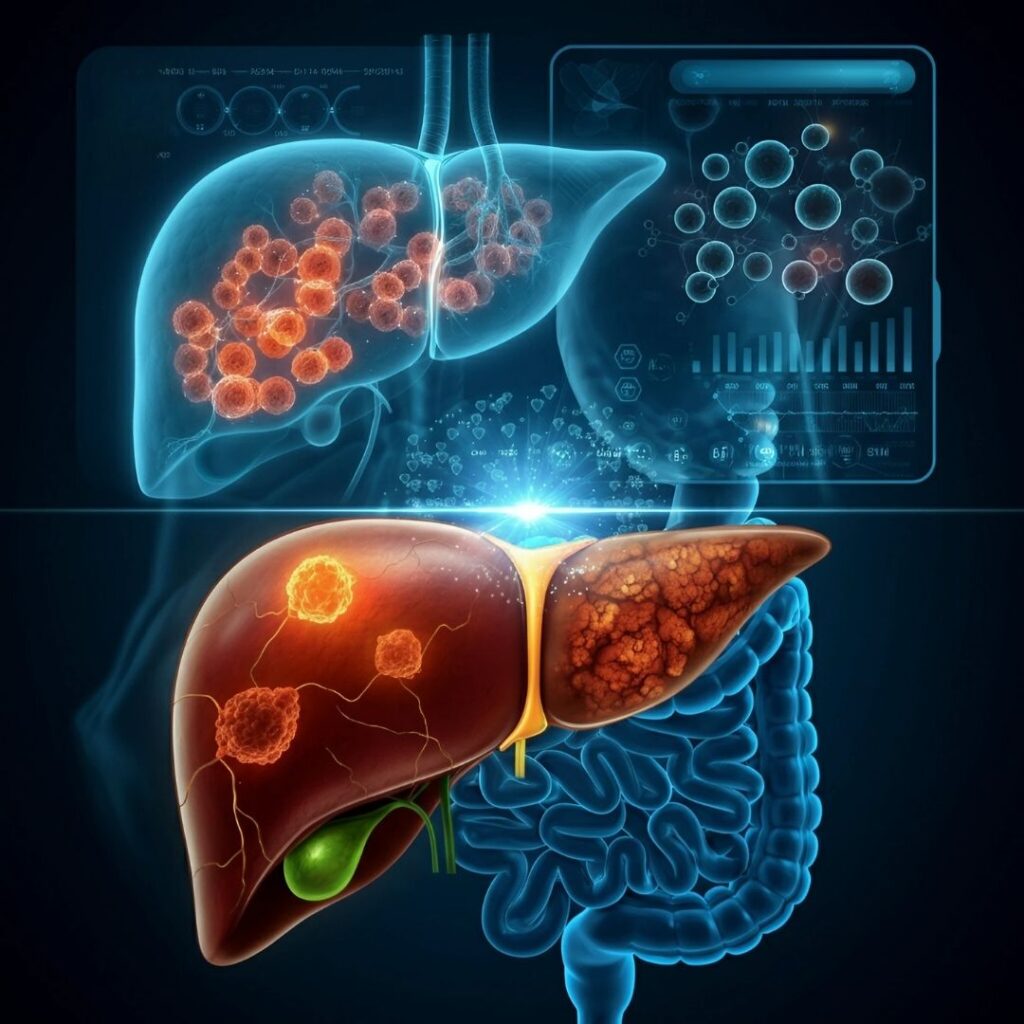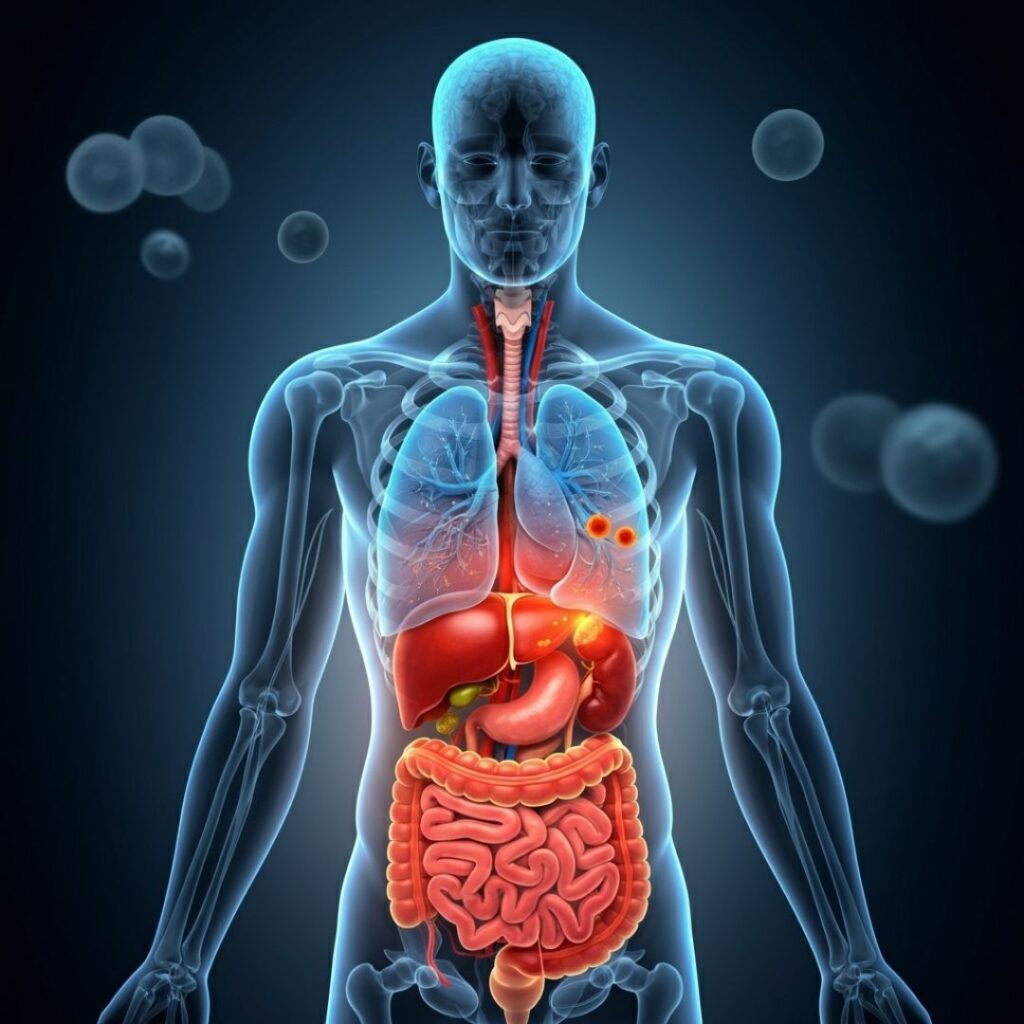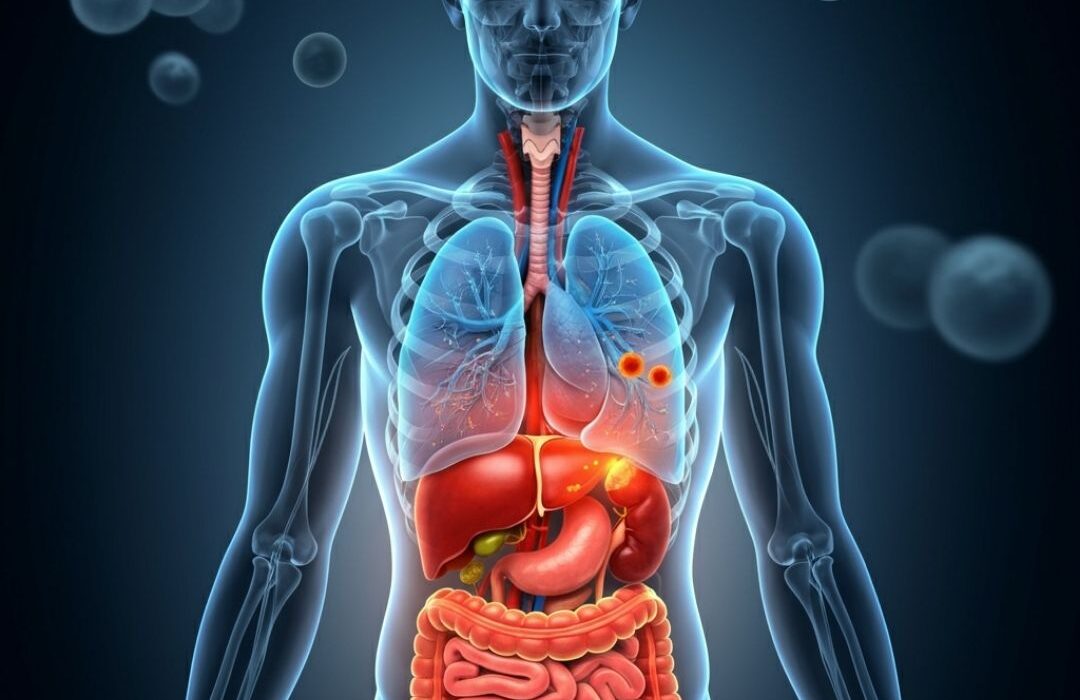Stem Cell Therapy in Gastroenterology and Hepatology
Stem cell therapy has emerged as a pioneering advancement in the fields of gastroenterology and hepatology, opening new avenues for the treatment of complex liver and gastrointestinal disorders. This revolutionary approach leverages the unique regenerative capabilities of stem cells to repair and restore damaged tissues, offering an effective alternative for conditions that have been challenging to manage with conventional therapies.
In liver diseases such as cirrhosis and chronic hepatitis, stem cells have shown significant potential in regenerating liver tissue, reducing inflammation, and improving overall liver function. This is particularly promising for patients with advanced-stage liver disease, where traditional interventions often fall short or are limited to liver transplantation. Similarly, in gastrointestinal disorders like inflammatory bowel disease (IBD), stem cell therapy aims to modulate immune responses, promote tissue healing, and improve quality of life for individuals who have experienced limited success with existing medications or surgical interventions.
What sets stem cell therapy apart is its ability to target the root causes of these conditions rather than merely managing symptoms. The advancements in stem cell research and application are backed by rigorous scientific studies and clinical trials, highlighting its safety and efficacy. As research progresses, the potential of stem cell therapy continues to grow, paving the way for more personalized and effective treatment approaches.
By integrating this cutting-edge technology into clinical practice, stem cell therapy offers renewed hope for patients facing debilitating liver and gastrointestinal diseases, signaling a transformative shift in how these conditions are treated.

Benefits of Stem Cell Therapy for Liver and Digestive Health
Stem cell therapy delivers unparalleled benefits for patients with liver disease and digestive disorders. Key advantages include:
- Regeneration of damaged tissues
Stem cells promote tissue repair, essential for conditions like liver cirrhosis and digestive tract inflammation.
- Reduction in inflammation
Stem cells help reduce inflammatory responses in autoimmune conditions such as Crohn’s disease or ulcerative colitis.
- Improved organ function
Patients experience enhanced liver regeneration and better digestive health, significantly improving quality of life.
With its minimally invasive nature, stem cell therapy offers a comprehensive solution for treating the root causes of digestive and liver conditions.
How Stem Cells Treat Gastrointestinal and Liver Disorders
Stem cells act as the body’s natural repair system, restoring balance and function to compromised organs. Specific examples include:
- Targeted tissue repair
Mesenchymal stem cells locate damaged areas in the gastrointestinal tract or liver and initiate healing.
- Immunomodulation
By calming immune system hyperactivity, stem cell therapy addresses autoimmune diseases like hepatitis and inflammatory bowel disease.
- Support for regeneration
Stem cells activate growth factors, enabling the regeneration of vital liver tissues and gastrointestinal linings.
This revolutionary approach ensures both immediate relief and long-term recovery, providing hope to liver disease patients and those affected by digestive disorders.
Popular Stem Cell Therapy Techniques in Gastroenterology and Hepatology
The application of stem cells in gastroenterology and hepatology employs advanced techniques tailored to patients’ specific needs:
- Intravenous (IV) administration
Stem cells delivered directly into the bloodstream ensure systemic healing and regeneration.
- Localized delivery
For focused treatments, stem cells can be administered directly to damaged sites in the liver or gastrointestinal tract.
Constant advancements in these methods ensure the safety and efficacy of stem cell therapy, making it an increasingly accessible option for patients worldwide.
Recent Advancements in Stem Cell Therapy
Advances in regenerative medicine have expanded the potential of stem cell therapy in treating liver and digestive disorders. Ongoing clinical trials investigate new applications, including:
- Non-alcoholic fatty liver disease (NAFLD)
Stem cells are being explored as a treatment for fatty liver disease, offering hope for this common condition.
- Primary biliary cholangitis (PBC)
Research indicates promising results for managing this chronic liver disease.
- Colorectal cancer and liver metastases
Stem cell therapy serves as a complementary treatment to enhance recovery and resistance in cancer patients.
These innovations in research continue to broaden the horizons of stem cell therapy, offering targeted, personalized care for digestive and liver health.
Why Choose Stem Cell Therapy for Liver and Gastrointestinal Disorders?
Stem cell therapy provides a range of advantages over traditional treatments, including:
- Minimally invasive procedures
Patients experience less downtime and reduced risks.
- Comprehensive treatment focus
By targeting the root cause of disease, stem cell therapy promotes long-term healing.
- Fewer side effects
Compared to conventional medications and surgeries, stem cell therapy offers fewer complications.
For conditions like liver regeneration, hepatitis, Crohn’s disease, and ulcerative colitis, stem cell therapy provides unmatched potential for recovery, improving patients’ lives with innovative, patient-centric care.

FAQs About Stem Cell Therapy for Liver and Gastrointestinal Health
How long does stem cell therapy take?
The treatment typically takes a few hours, including preparation and administration time. Results may vary depending on the condition being treated and the patient’s unique health circumstances.
Is stem cell therapy safe for liver and digestive disorders?
Yes, stem cell therapy is considered safe when performed by qualified professionals in certified medical facilities. Strict protocols and advanced technology ensure that risks are minimal.
Who is eligible for stem cell therapy?
Patients with chronic liver diseases, such as cirrhosis or hepatitis, or gastrointestinal disorders like Crohn’s disease, may qualify for stem cell therapy. An evaluation by an experienced specialist is essential to determine eligibility.
Are there clinical trials underway for new applications?
Yes, numerous clinical trials are currently exploring the potential of stem cell therapy in treating digestive disorders and liver diseases, including non-alcoholic fatty liver disease and primary biliary cholangitis.

